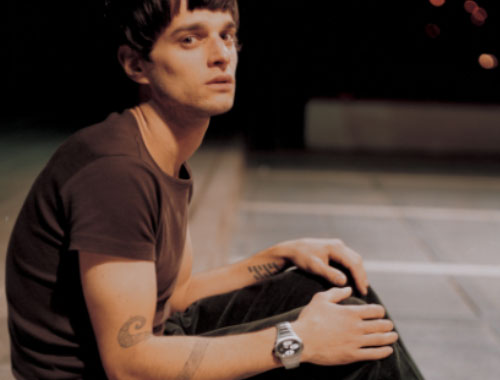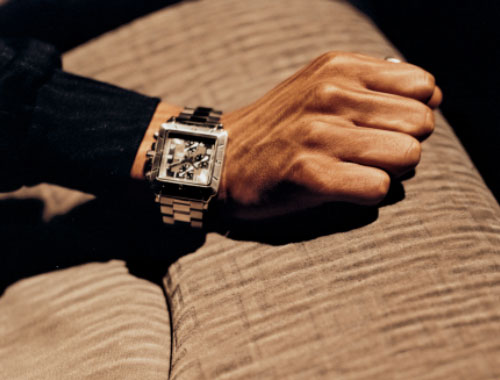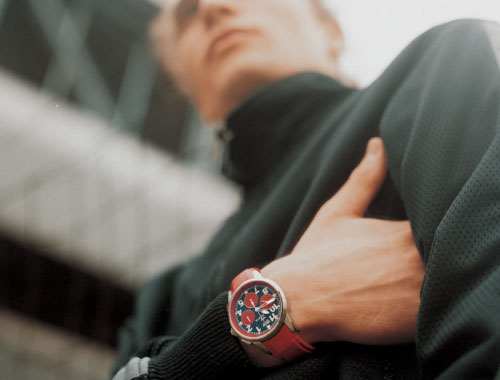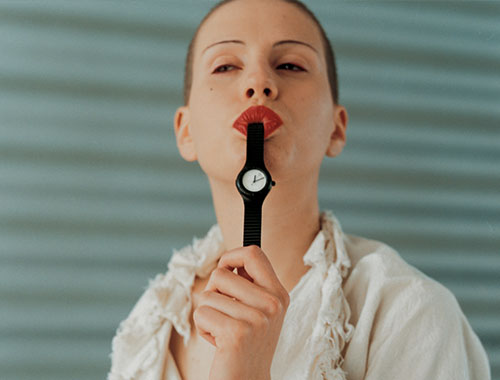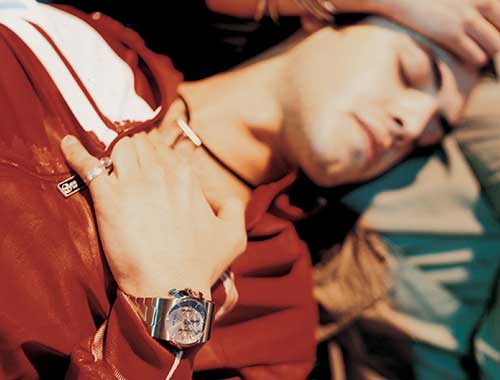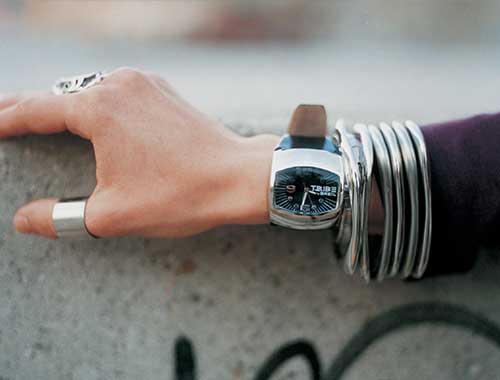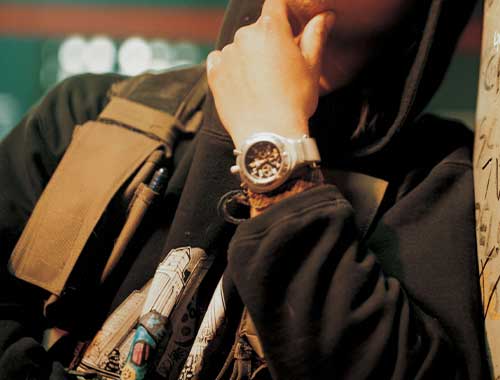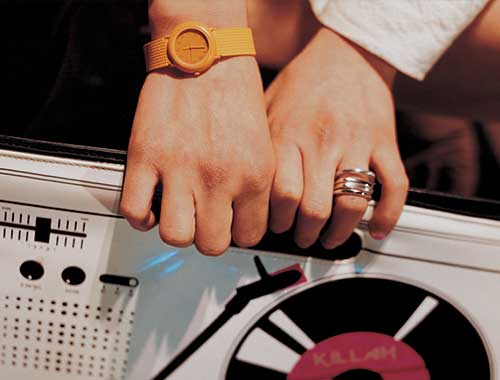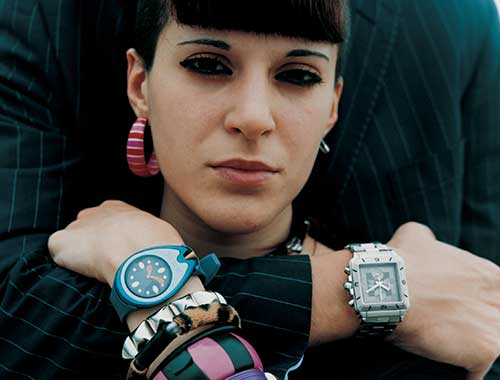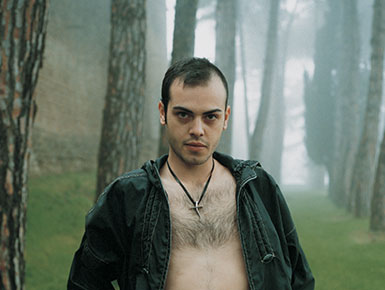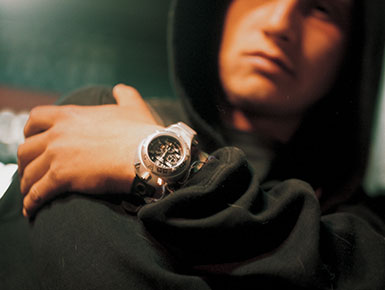orgoglio (or.gò.glio) s.m. (From Provencal orgolh, French orgoli, of German origin) 1. One-sided and excessive feeling regarding one’s personality or class, which isolates the individual and alters his or her social and emotional relationships 2. In a more moderate sense, a noble feeling regarding one’s dignity, justified self-esteem.
príde (after the 12th century) (Old English pryde from the French prud)
orgullo (from the Catalan orgull) Arrogancia, vanidad, exceso de estimación propia que a veces es disimulable por nacer de causas nobles y virtuosas
orgueil (orgoill 1080, French urgoli)
IT IS A MISTAKE THAT DOES NOT SCARE, IT IS A VICTORY THAT DOES NOT TROUBLE
The interpretation through the photographs of Filippo Romano
Pride has no time. It is a little boy’s gaze nurtured through a ment, and it is an old man’s gait that does not bend, an old man who knows how to look back and also face tomorrow.
It is a smile before an enemy, and a tear that does not fall. It is a mistake that does not intimidate, and a victory that does not taint.
Pride is of itself and thus becomes stone that flakes, a cry that unfurls many years of silence.
It is the deer that returns to populate a city that thought itself powerful, and it is nature that subdues blind man.
But pride also belongs to others and so it moves in caresses and in soft embraces. It becomes letters revealing words that have never been spoken; it is a father’s hand and a mother’s bosom.
Pride’s time are footprints on sand, which appear and disappear at the whim of the sea. It is the stroke that gives rhythm to an entire existence, or the sudden end of a tick-tock.
Early morning, april 4
shot rings out in the memphis sky
free at last
they took your life
they could not take your pride– BONO VOX –



